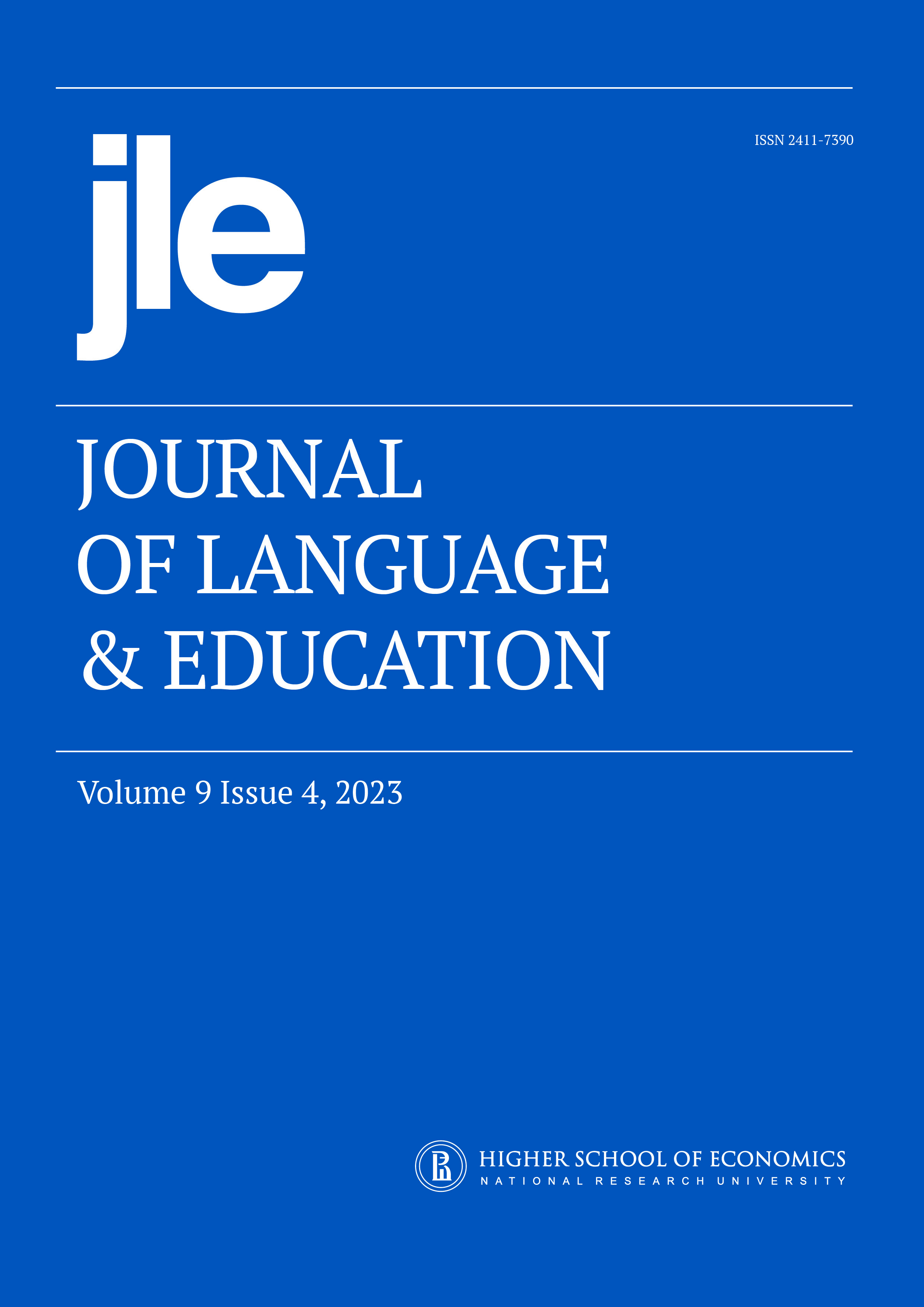Three Male Primary Student Teachers’ Intersections of Languaging and Teaching
Abstract
Background: This paper reports on an investigation of male primary student teachers about their planning and teaching over the course of the 2021 year. Three male student teachers’ experiences are presented.
Purpose: This study highlights how they negotiated the intersections of self with school, identity, and gender as male student teachers.
Method: In weekly semi-structured peer group discussions student teachers were asked to describe the decisions that they made in planning, to reflect on the nature of the decision-making process that they went through, and about the consequences of this process. As necessary, questions were posed to the groups to further stimulate discussions. Written notes were taken from these discussions and used in combination with visiting lecturer notes about their teaching practice.
Results: It was through the combination of these classroom activities and teaching practice observations that ethnomethodology and symbolic interactionism intersected with these student teachers’ self with school, identity, and gender. Ethnomethodology concerns how social order is established through social interactions while symbolic interactionism includes both verbal and non-verbal communication. It has been known that past experiences are the foundations of future experiences. The three male primary student teachers presented in this study support this assertion through their inward-looking and/or outward looking narratives.
Conclusion: This study adds to our understanding of the importance of what messages schools, colleagues, and the wider community are sending to male primary teachers about their work and worth as primary teachers.
Downloads
References
Beauchemin, F. (2019). Reconceptualizing classroom life as relational-key. In R. Beach & D. Bloome (Eds.), Languaging relations for transforming the literacy and language arts Classroom (pp. 23-49). Routledge.
Beasley, C. (2012). Gender & Sexuality: Critical Theories, Critical Thinkers. Sage.
Becker, A. L. (1991). Language and languaging. Language and Communication, 11(1), 33-35. DOI: https://doi.org/10.1016/0271-5309(91)90013-L
Bloome, D., & Beach, R. (2019).Introduction: Languaging relations for transforming the teaching of literacy and language arts. In R. Beach & D. Bloome (Eds.), Languaging relations for transforming the literacy and language arts Classroom (pp. 1-20). Routledge.
Brickell, C. (2006). The sociological construction of gender and sexuality. The Sociological Review, 54(1), 87-113. DOI: https://doi.org/10.1111/j.1467-954X.2006.00603.x
Cushman, P. (2008). What principals want in a male role model. Set, 2008(1), 30-34. DOI: https://doi.org/10.18296/set.0487
Cushman, P. (2010). Male primary school teachers: Helping or hindering a move to gender equity? Teaching and Teacher Education, 26(5), 1211-1218. DOI: https://doi.org/10.1016/j.tate.2010.01.002
Denzin, N. K. (1989).Interpretive biography. Sage.
Dewey, J. (1938). Experience and education. Macmillan.
Dhunpath, R. (2000). Life history methodology: ‘narradigm' regained.International Journal of Qualitative Studies in Education 13(5), 543-551. DOI: https://doi.org/10.1080/09518390050156459
Griffiths, M. (2006). The feminization of teaching and the practice of teaching: Threat or opportunity? Educational Theory, 56(4), 387-405. DOI: https://doi.org/10.1111/j.1741-5446.2006.00234.x
Goffman, E. (1977). The arrangement between the sexes. Theory and Society, 4(3), 301-331. https://www.jstor.org/stable/656722.
Hobbs, L., & Davis, R. (2013). Narrative pedagogies in science, mathematics and technology. Research in Science Education, 43(3), 1289-1305. DOI: https://doi.org/10.1007/s11165-012-9302-5
Jørgensen, J. N. (2004). Languaging and Languagers. In J. N. Jørgensen (Ed.), Languaging and language practices (pp. 5-23). University of Copenhagen.
Lortie, D. C. (1975). Schoolteacher: A sociological study. University of Chicago Press.
Loughran, J. J. (2007). Learning through self-study: The influence of purpose, participants and context. In J. J. Loughran, M. L. Hamilton, V. K. LaBoskey, & T.Russell (Eds.), International handbook of self-study of teaching and teacher education practices (pp. 151-192). Springer.
Lyons, N., & Freidus, H. (2007). The reflective portfolio in self-study: Inquiring into and representing a knowledge of practice. In J. J. Loughran, M. L. Hamilton, V. K. LaBoskey, & T.Russell (Eds.), International handbook of self-study of teaching and teacher education practices (pp. 1073-1108). Springer.
McDowell, J., & Klattenberg, R. (2019). Does gender matter? A cross-national investigation of primary class-room discipline. Gender and Education, 31(8), 947-965. DOI: https://doi.org/10.1080/09540253.2018.1458078
McGrath, K., & Sinclair, M. (2013). More male primary-school teachers? Social benefits for boys and girls. Gender and Education, 25(5), 531-547. DOI: https://doi.org/10.1080/09540253.2013.796342
Mills, M., Haase, M., & Charlton, E. (2008). Being the ‘right' kind of male teacher: the disciplining of John. Pedagogy, Culture & Society, 16(1), 71-84. DOI: https://doi.org/10.1080/14681360701877792
Norris, S. P., Guilbert, S. M., Smith, M. L., Hakimelahi, S., & Phillips., L. M. (2005). A theoretical framework for narrative explanation in science. Science Education, 89(4), 535-563. DOI: https://doi.org/10.1002/sce.20063
Sexton, S. S. (2015). The feminisation of teacher education. Language. Individual & Society, 9, 173-182.
Sexton, S. S. (2020). Meaningful learning: David P. Ausubel. In B. Akpan & T. J. Kennedy (Eds.), Science education in theory and practice: An introductory guide to learning theory. (pp. 163-175). Cham, Switzerland: Springer. DOI: https://doi.org/10.1007/978-3-030-43620-9_12
Taylor, S. (2010). Narratives of identity and place. Routledge.
Copyright (c) 2023 National Research University Higher School of Economics

This work is licensed under a Creative Commons Attribution 4.0 International License.
Authors who publish with this journal agree to the Copyright Notice.



